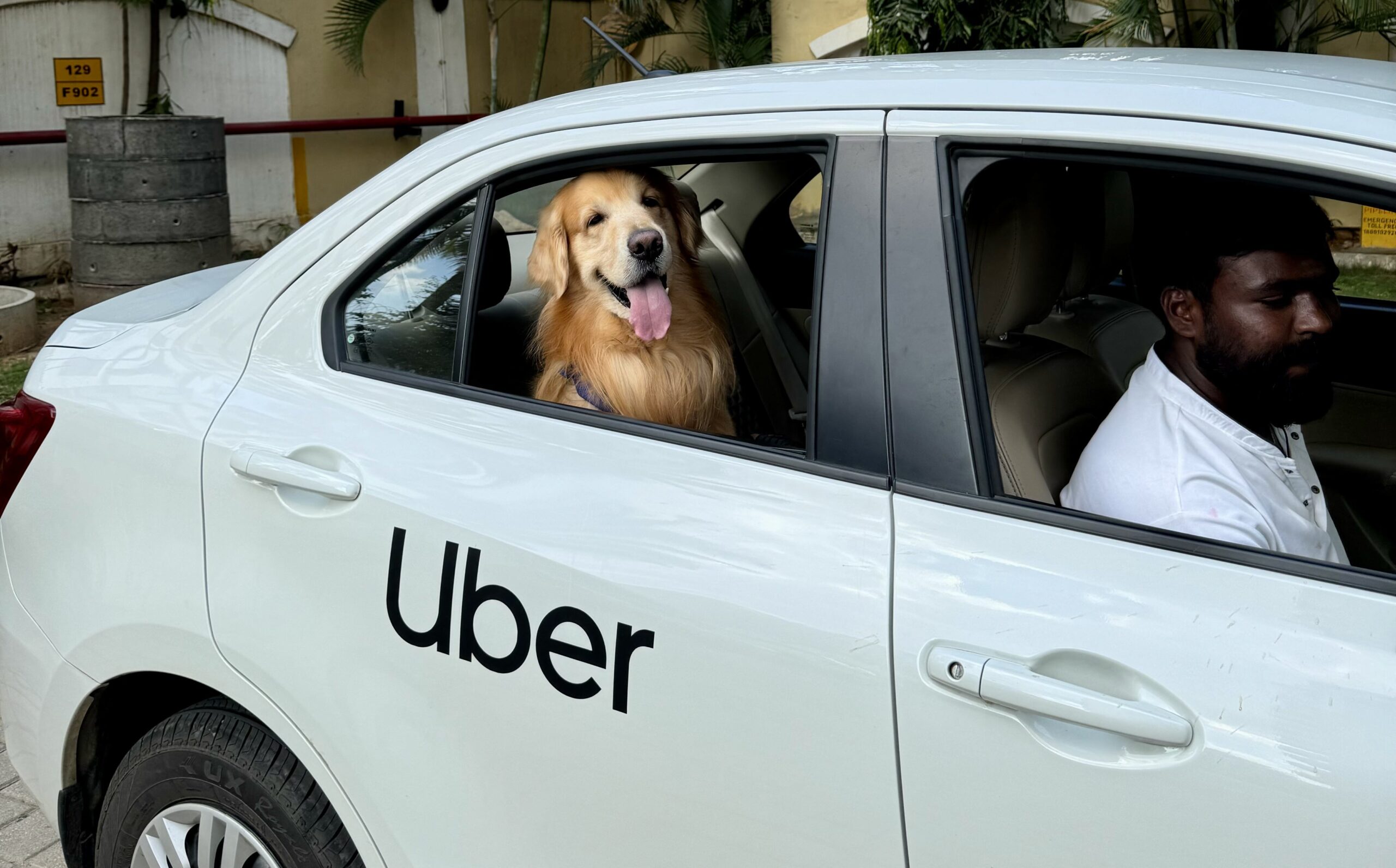The US Department of Justice (DOJ) has once again filed a lawsuit against ride-hailing giant Uber, alleging widespread discrimination against individuals with disabilities. This marks the second time in recent years that the DOJ has taken legal action against the company on similar grounds. The lawsuit, filed in federal court in Northern California, paints a concerning picture of Uber’s practices, claiming that drivers routinely refuse service to passengers with disabilities, particularly those with service animals or stowable wheelchairs. The DOJ alleges that this refusal of service is not an isolated incident, but rather a systemic issue indicative of a broader pattern of discriminatory behavior. This latest legal action comes despite Uber’s previous settlement with the DOJ in 2022, further highlighting the gravity of the ongoing concerns regarding accessibility and inclusion within the company’s operations. The implications of this lawsuit extend far beyond Uber itself, raising critical questions about the accessibility of transportation services for people with disabilities across the country.
The DOJ’s complaint details numerous instances of Uber drivers refusing service to passengers with service animals or those requiring assistance with wheelchairs. It also alleges that drivers have engaged in insulting and demeaning behavior towards passengers with disabilities, asking inappropriate and intrusive questions. This alleged pattern of discriminatory behavior directly violates the Americans with Disabilities Act (ADA), a landmark piece of legislation designed to guarantee equal access to services for people with disabilities.
Uber’s response to the lawsuit has been swift, with the company vehemently denying the allegations. In a statement, Uber emphasized its zero-tolerance policy for confirmed service denials and asserted its commitment to providing a safe and welcoming experience for all riders, including those with service animals. The company highlights measures already in place, such as a mandatory service animal policy acknowledgement for drivers and a recent educational video campaign aimed at increasing awareness and promoting respectful interactions. Uber claims to take decisive action against drivers who violate its policies, including permanent account deactivation.
A significant aspect of the DOJ’s complaint centers around a new feature recently added by Uber that allows passengers to alert drivers to the presence of service animals. The DOJ argues that this feature, implemented only after the investigation began, demonstrates Uber’s awareness of the issue and its failure to proactively address the problem. The timing of the feature’s introduction further fuels the argument that Uber’s efforts to improve accessibility are reactive rather than proactive. This is particularly relevant given the company’s previous settlement concerning wait time fees imposed on passengers needing extra time, underscoring a broader pattern of alleged discriminatory practices.
The legal battle ahead promises to be complex and consequential. The DOJ is seeking a jury trial, injunctive relief, monetary damages, and civil penalties for violations of the ADA. The outcome will have significant implications for the ride-sharing industry as a whole, potentially setting precedents for accessibility standards and accountability mechanisms within the technology sector. This case once again highlights the ongoing struggle for equal access and the need for businesses to prioritize inclusive practices. The severity of the accusations, combined with the previous legal action, puts substantial pressure on Uber to demonstrate meaningful and lasting change.
The ongoing legal dispute underscores the critical need for robust accessibility measures within the ride-sharing industry. While Uber claims to have policies in place to prevent discrimination, the DOJ’s repeated lawsuits suggest that these policies are not effectively implemented or enforced. The long-term impact of this case could lead to significant changes in Uber’s operational practices, as well as broader industry-wide reforms that prioritize the needs and rights of individuals with disabilities. The case highlights the ongoing challenge of ensuring truly equal access to essential services, demanding accountability from businesses and reinforcing the importance of robust regulatory frameworks to protect vulnerable populations. The future will reveal whether Uber can successfully address these persistent allegations and create a truly inclusive and accessible platform for all riders.

